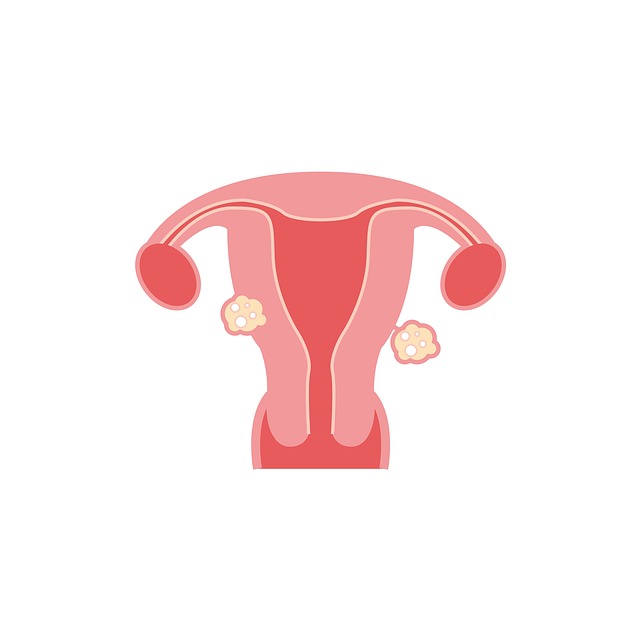Fibroids are non-cancerous growths that develop in the wall of the uterus . They are common among women, and although they are often benign, they can have significant effects on a woman's reproductive system. In this article we will explore the causes and effects of fibroids on a woman's reproductive system.
Causes of fibroids:
Effects of fibroids on the female reproductive system:
Fibroids can cause various problems in a woman's reproductive system such as:
1. Menstrual problems: Fibroids can cause heavy and prolonged menstrual bleeding due to their ability to distort the normal shape of the uterus, resulting in an increased surface area of the lining of the uterus (endometrium). Women with fibroids often experience heavy blood flow.
2. Pelvic pain and pressure: Large fibroids or those located near the uterus can put pressure on surrounding organs, causing pelvic pain and discomfort. This may range from mild cramping to severe pain, which may affect the woman's daily activities and quality of life.
3. Infertility and pregnancy complications: Depending on their location and size, fibroids can interfere with fertility and lead to difficulties in getting or maintaining pregnancy. Fibroids can block the fallopian tube, affect the shape of the uterus, or disrupt the implantation of a fertilized egg. Furthermore, they can increase the risk of complications during pregnancy, such as miscarriage, premature birth, and the need for a cesarean section.
4. Problems with the urinary tract and intestines: Fibroids that press on the bladder can cause frequent urination or difficulty emptying the bladder completely. This may be accompanied by a constant desire to urinate. Furthermore, large fibroids can also put pressure on the rectum, leading to constipation or difficulty passing stool.
5. Abdominal enlargement and appearance: In some cases, fibroids can cause the abdomen to appear distended or enlarged. This can lead to a change in a woman's physical appearance and may cause discomfort.
6. Sexual problems: Fibroids can cause pain or discomfort during intercourse. This can affect a woman's sexual health and contribute to emotional stress.
It is important to note that not all women with fibroids will experience these effects. The severity of fibroids and their effect on the reproductive system can vary depending on factors such as the size, number, and location of the fibroids.
Seek medical advice:
If you suspect that you have fibroids or are experiencing any of the symptoms mentioned above, it is necessary to consult a doctor. He can provide an accurate diagnosis through a pelvic exam and imaging tests such as ultrasound or MRI. Treatment options depend on the severity of symptoms, desire for fertility, and the overall health of the individual. Treatment may range from medications to control symptoms, hormonal treatments to reduce the size of fibroids, or surgical interventions such as myomectomy or hysterectomy.
Lifestyle modifications help prevent the development of fibroids:
Certain lifestyle changes may help manage fibroids and possibly prevent their development. These include:
1. Maintain a healthy weight: Being overweight or obese can increase your risk of developing fibroids. Regular exercise and a balanced diet can contribute to maintaining a healthy weight.
2. Eat a nutritious diet: Add a variety of fruits, vegetables, whole grains and lean proteins to your diet. Avoid excessive intake of red meat and processed foods.
3. Stress management: High stress levels may affect hormone balance, which may affect the growth of fibroids.
4. Avoid hormone disruptors: Reduce exposure to environmental toxins, such as pesticides, by choosing organic produce and reducing the use of chemicals in your household products.
5. Regular visits to the gynecologist: Essential for early detection and proper management of fibroids. Routine pelvic exams and imaging tests such as ultrasound can help monitor the condition and identify any changes.
While the above solutions and preventative measures can be helpful, it is important to consult a doctor to determine the most appropriate approach based on individual circumstances. They can provide personalized recommendations and guide you through options to effectively manage fibroids and maintain reproductive health.

Comments
Post a Comment